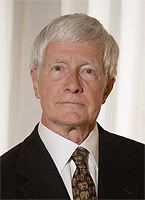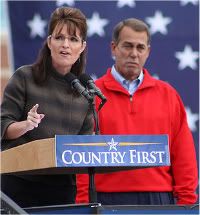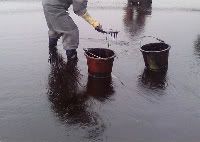Renewable Energy Offers Advantages, But No Free Lunch
I’m in the television studio this afternoon, shooting a series of short videos explaining the basics of renewable energy, for use in introducing newcomers to the subject. If there is a theme to the series, it’s “No Free Lunch.” Each one of the dozens of different flavors of clean energy technologies come with its own unique set of pros and cons. Some are expensive, some are intermittent, some are quite “early-stage” (experimental), and they all have a certain amount of their own environmental impact. My job, as I conceive it, is to present this with as much fairness and objectivity as I can possibly bring to the table.
And speaking of fairness… (more…)





 I just got off the phone with long-time 2GreenEnergy supporter Ron McCurdy who reviewed his
I just got off the phone with long-time 2GreenEnergy supporter Ron McCurdy who reviewed his 


